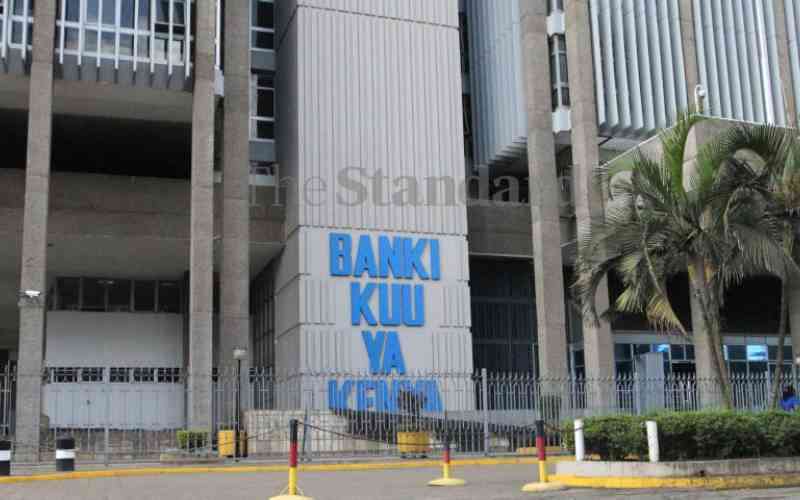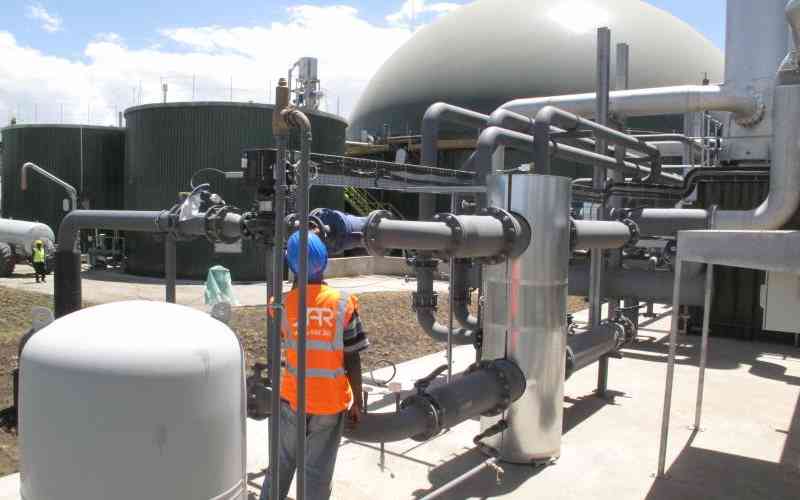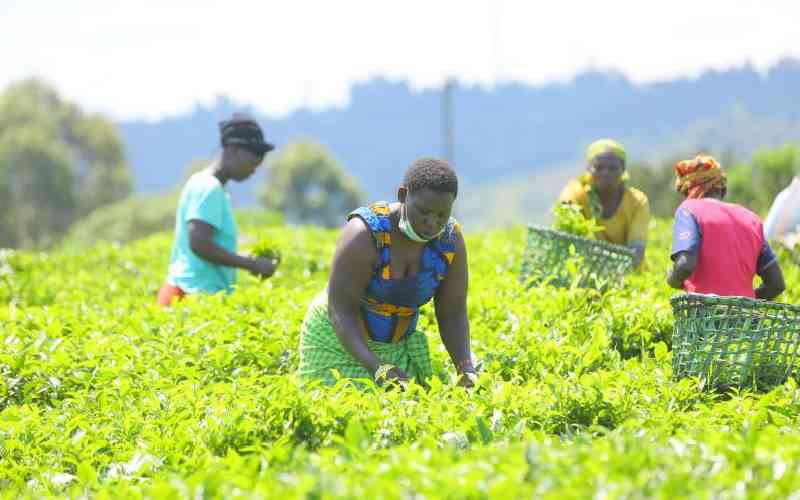×
The Standard e-Paper
Join Thousands Daily

Borrowers are staring at expensive loans after the Central Bank of Kenya (CBK) raised its policy lending rate by 75 basis points to 9.50 per cent - the highest in four years and nine months - in a bid to stem rising inflation and stabilise the weakened shilling.







